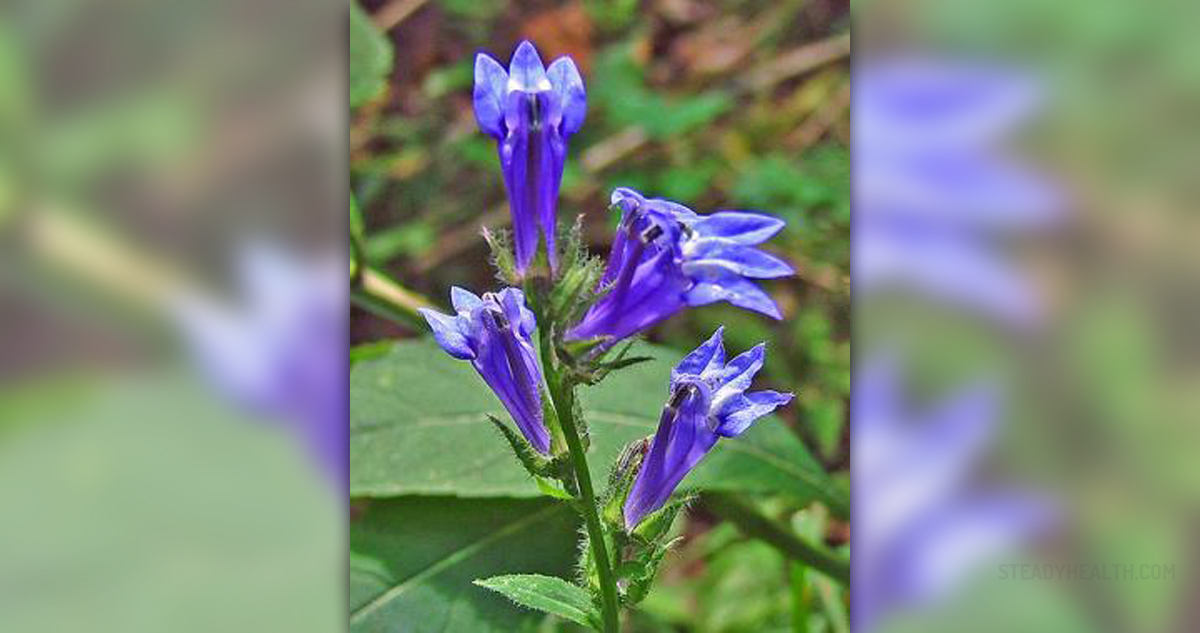
Lobelia is a flower common in tropical and warm regions of the world. The plant looks very nice with sparse flowers colored in pale violet-blue from outside and yellow inside. It is an annual herb that grows up to three feet. Leaves and seeds of this plant are used for medical purposes.
History of medical use
Native Americans were familiar with medical properties of lobelia herb. They smoked lobelia to get relief from asthma. Later, in the 19th century, lobelia was used for detoxification of the body, causing the vomiting in consumers. Because of this, the herb earned different folk names such as Indian tobacco, pokeweed or vomitweed.
Active ingredients
The active ingredient in lobelia plant is known as the lobeline. This compound is similar to nicotine and may mimic the nicotine effects on the central nervous system. Lobeline has been used as a nicotine substitute in many anti-smoking treatments and may have application in the treatment of other drug addictions such as addiction to amphetamines, cocaine, or alcohol. Lobeline is also a powerful relaxant able to expand the bronchioles and thus increase the respiration.
Health benefits of lobelia
Lobelia is a powerful bronchodilator and anti-spasmodic and it is most commonly used to treat asthma, spasmodic croup and pneumonia. It is also used to clear the mucus from the respiratory tract: throat, lungs and bronchial tubes.
Homeopathy practitioners frequently use lobelia alone or with other products for smoking cessation, muscle relaxation, nausea, vomiting, and various respiratory illnesses. Herbal tinctures prepared from lobelia are used to improve poor circulation especially in the extremities, to cure edema, cardiac pain, fevers, asthma, pneumonia, allergies, hypersensitivity syndrome, measles, chicken pox, scarlet fever, tetanus, food poisoning, to arrest spasmodic vomiting, biliousness, blood poisoning, cold sweats, colic, constipation, cramps and muscle spasms, indigestion, nervous conditions, hysteria, convulsions, fainting, fatigue, epilepsy, nervous dyspepsia, deafness, and menstrual pain.
Side effects of lobelia
This powerful herb is also considered to be toxic. In many countries the sale of lobelia is restricted and the herb is listed as poison. A lot of serious side effects are associated with lobelia overconsumption. Side-effects may vary from mild to severe and they include: excessive sweating, sickness, vomiting, diarrhea, tremors, rapid heartbeat, mental confusion, seizures, hypothermia, loss of consciousness, and possibly even death.
The herb should always be used under the medical supervision. However, certain groups of patients should avoid lobelia by any cost. These patients are people with hypertension, coronary disease, liver or kidney disease, people oversensitive to tobacco, people suffering from paralysis or seizure disorder, as well as those who are recovering from shock.


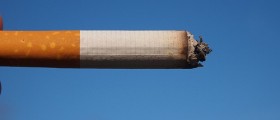

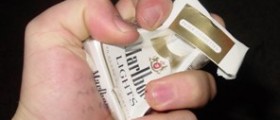
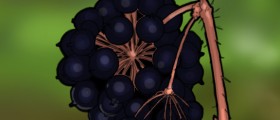
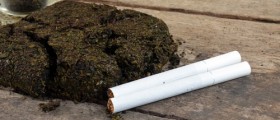
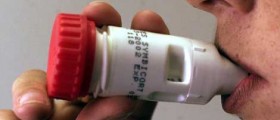
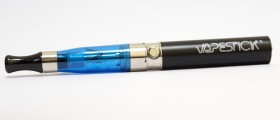

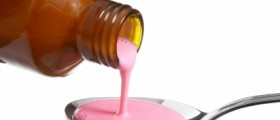

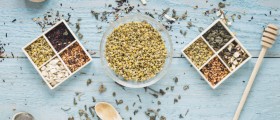
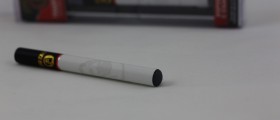


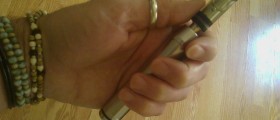
Your thoughts on this
Loading...